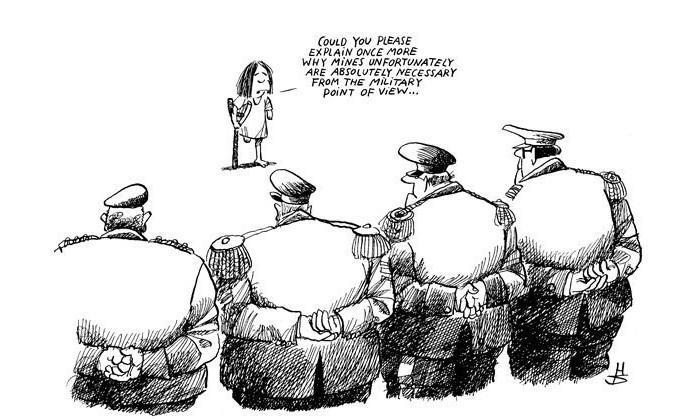Universal Declaration of Human Rights (UDHR)
by Ty Myrddin
Published on September 08, 2019

The Universal Declaration of Human Rights consists of 30 articles affirming an individual’s rights which, although not legally binding in themselves, have been elaborated in subsequent international treaties, economic transfers, regional human rights instruments, national constitutions, and other laws. The Declaration was the first step in the process of formulating the International Bill of Human Rights, which was completed in 1966, and came into force in 1976, after a sufficient number of countries had ratified them.
Some legal scholars have argued that because countries have constantly invoked the Declaration for more than 50 years, it has become binding as a part of customary international law. Courts of several countries have concluded that the Declaration is not in and of itself part of domestic law.
Article 12
No one shall be subjected to arbitrary interference with his privacy, family, home or correspondence, nor to attacks upon his honour and reputation. Everyone has the right to the protection of the law against such interference or attacks.
Article 25
- Everyone has the right to a standard of living adequate for the health and well-being of himself and of his family, including food, clothing, housing and medical care and necessary social services, and the right to security in the event of unemployment, sickness, disability, widowhood, old age or other lack of livelihood in circumstances beyond his control.
- Motherhood and childhood are entitled to special care and assistance. All children, whether born in or out of wedlock, shall enjoy the same social protection.
Article 26
- Everyone has the right to education. Education shall be free, at least in the elementary and fundamental stages. Elementary education shall be compulsory. Technical and professional education shall be made generally available and higher education shall be equally accessible to all on the basis of merit.
- Education shall be directed to the full development of the human personality and to the strengthening of respect for human rights and fundamental freedoms. It shall promote understanding, tolerance and friendship among all nations, racial or religious groups, and shall further the activities of the United Nations for the maintenance of peace.
- Parents have a prior right to choose the kind of education that shall be given to their children.
Raw magic crackled from their spines, earthing itself harmlessly in the copper rails nailed to every shelf for that very purpose. Faint traceries of blue fire crawled across the bookcases and there was a sound, a papery whispering, such as might come from a colony of roosting starlings. In the silence of the night the books talked to one another. A student